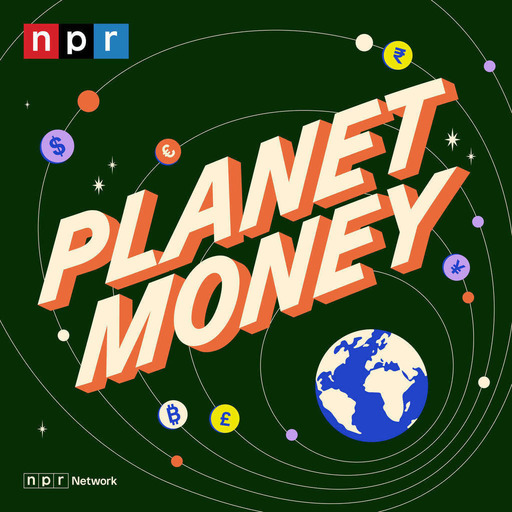We often hear that air travel is worse than it's ever been. Gone are the days when airplanes touted piano bars and meat carving stations — or even free meals. Instead we're crammed into tiny seats and fighting for overhead space.
How did we get here? Most of the inconveniences we think about when we fly can be traced back to the period of time just after the federal government deregulated the airlines.
When commercial air travel took off in the 1940s, the government regulated how many national airlines were allowed to exist, where they were allowed to fly, and how much they could charge for tickets. But the Airline Deregulation Act of 1978 swept all these restrictions aside – and stopped providing subsidies for the air carriers. Airlines had to compete on ticket prices. That competition led to a more bare-bones flying experience, but it also made air travel a lot more affordable.
In this episode, we trace the evolution of air travel over the past century to discover whether flying really is worse today — or if it's actually better than ever. We'll board a plane from the "golden age" of air travel, hear the history of one of the original budget airlines and meet feuding airline CEOs. Along the way, we'll see how economic forces have shaped the airline industry into what it is today, and what role we, as consumers, have played.
Help support Planet Money and hear our bonus episodes by subscribing to Planet Money+ in Apple Podcasts or at plus.npr.org/planetmoney.
Learn more about sponsor message choices: podcastchoices.com/adchoices
NPR Privacy Policy
Publié le par NPR
Copyright 2015-2021 NPR - For Personal Use Only
Les podcasts externes de ce site sont récupérés à partir de liens publics (Feed XML/RSS) qui nous ont été fournis par nos utilisateurs ainsi que des partenaires. Ce podcast m'appartient.


 Emissions
Emissions











